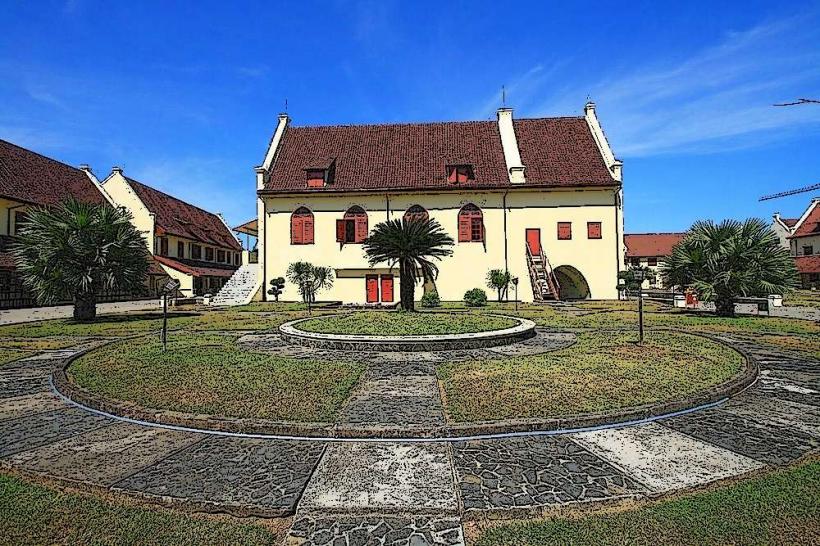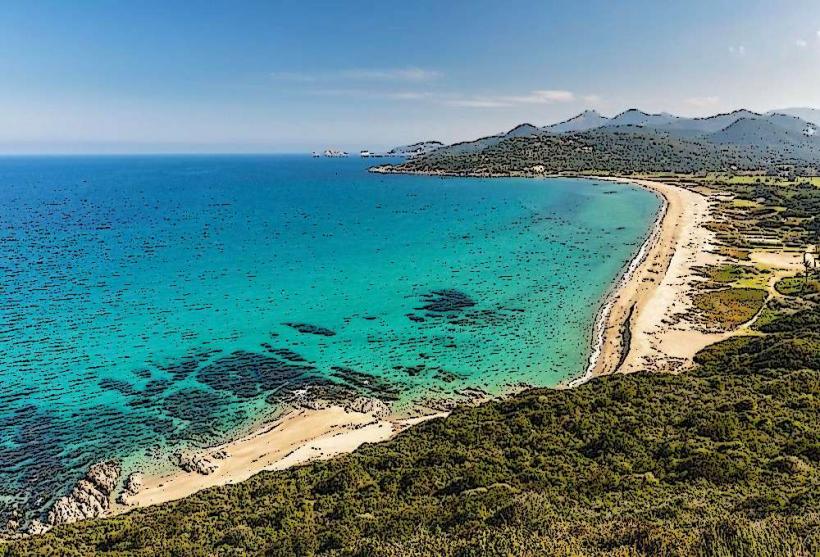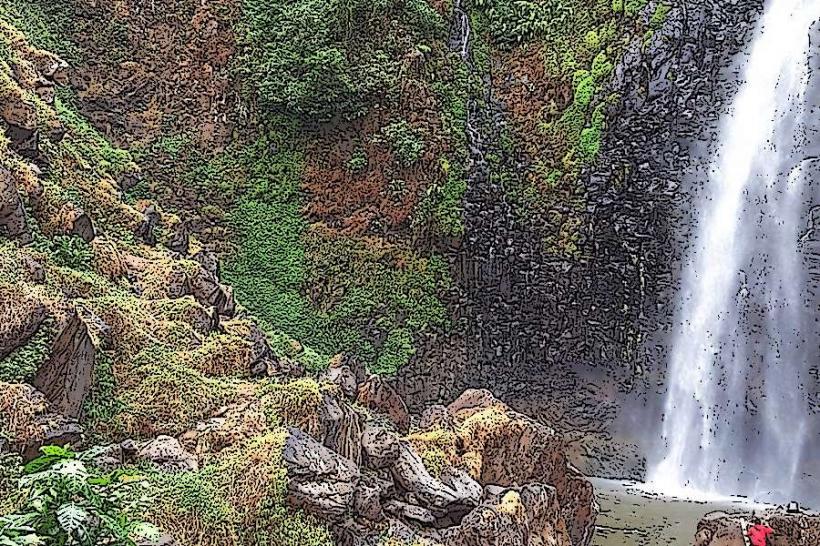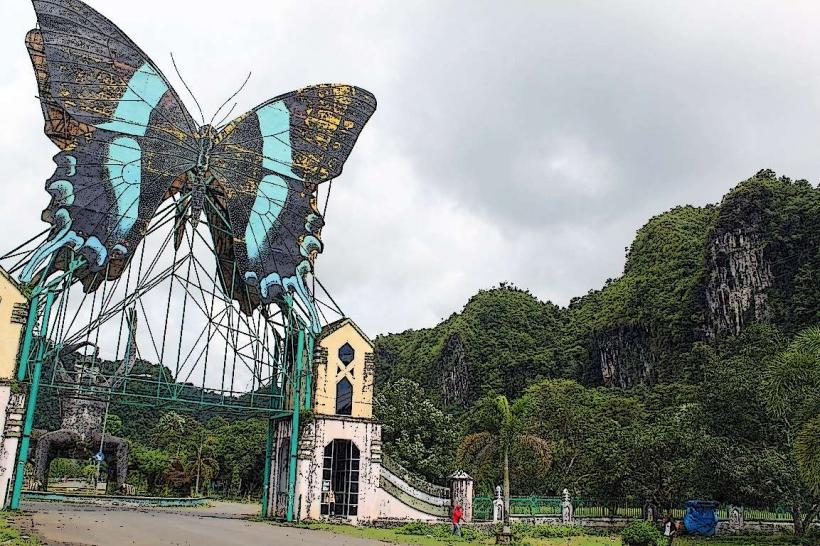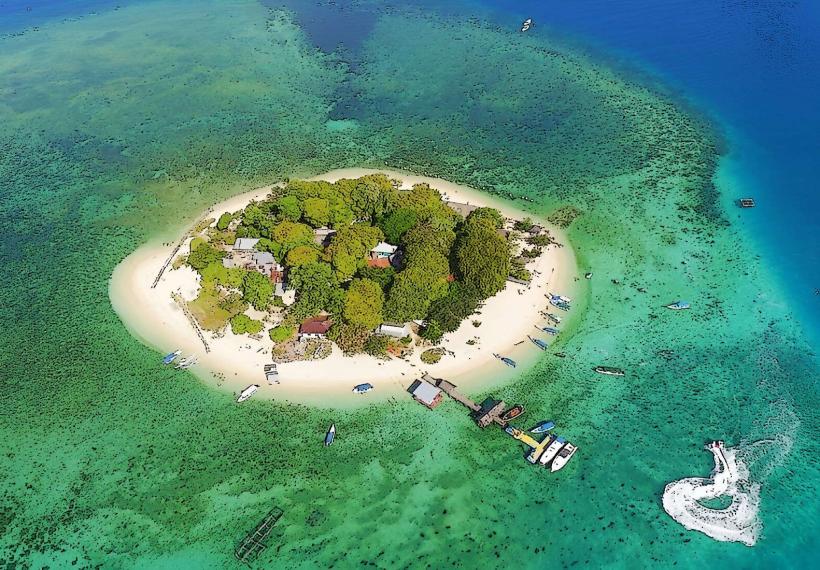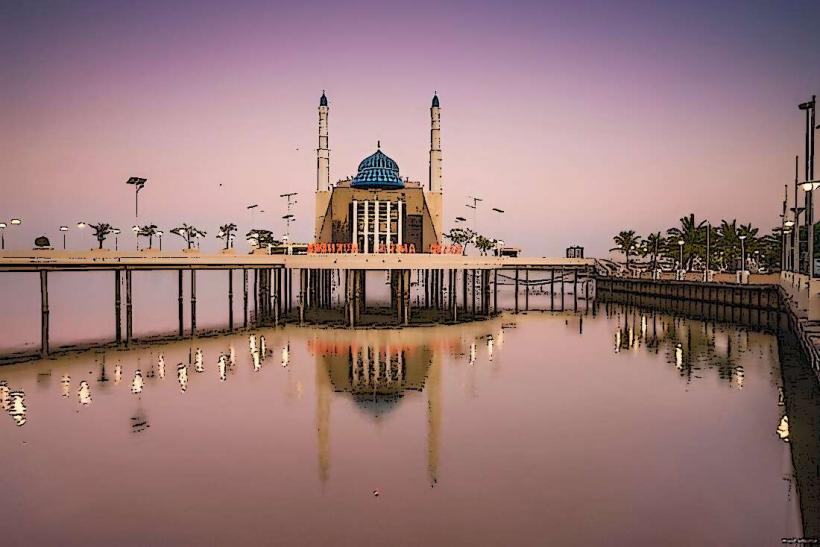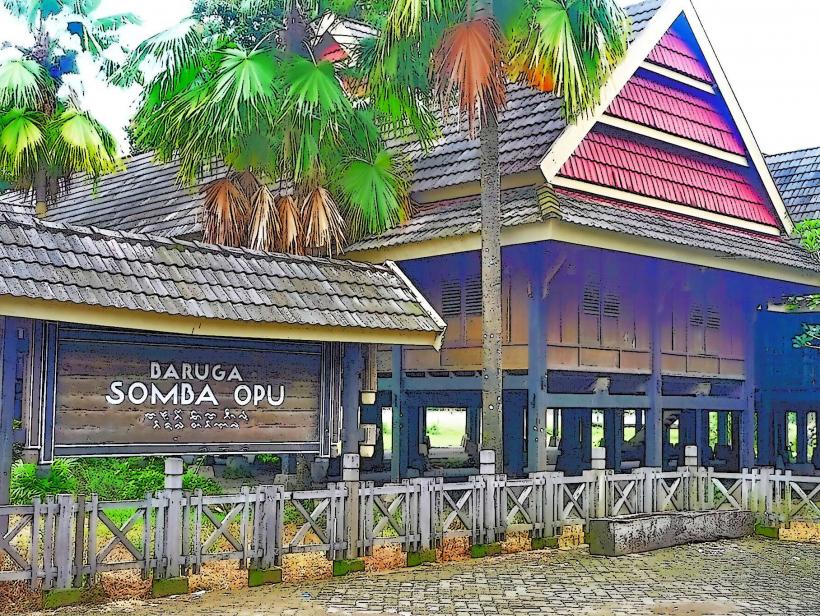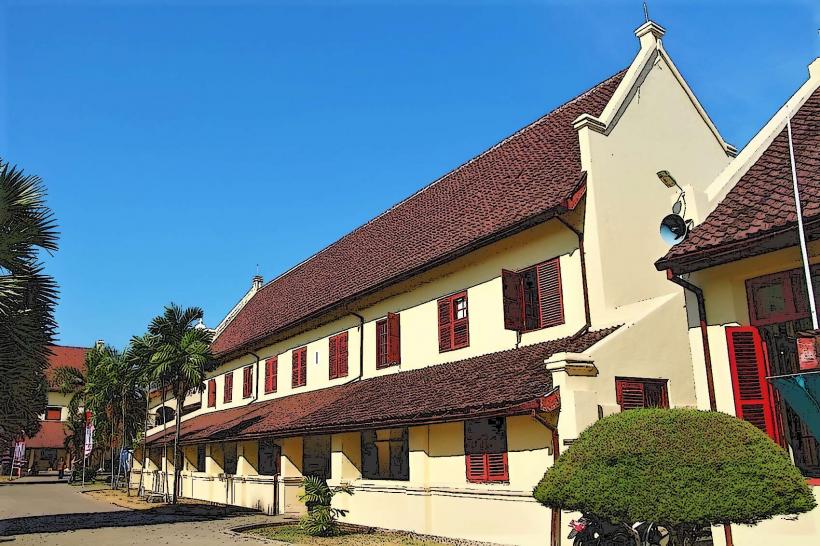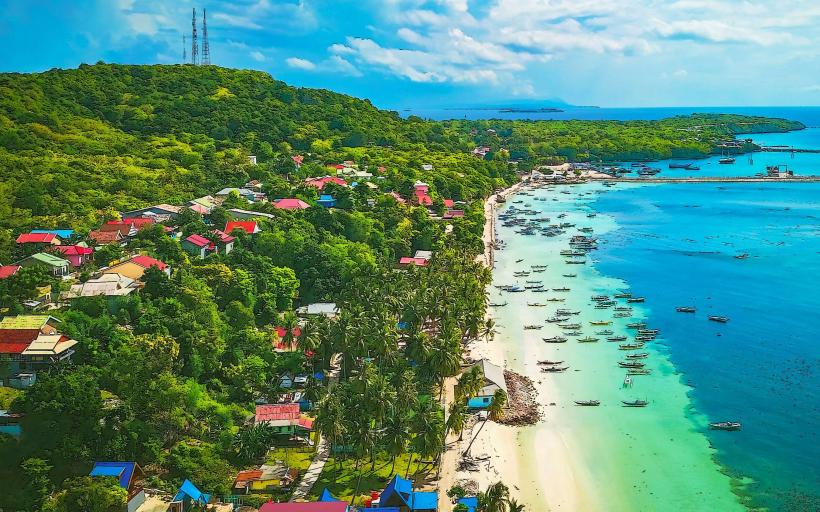Information
City: MakassarCountry: Indonesia
Continent: Asia
Makassar, Indonesia, Asia
Makassar is the capital of the South Sulawesi province and the largest city on the island of Sulawesi. Located on the southwest coast, it serves as the historic and modern "Gateway to Eastern Indonesia," connecting the western archipelago to Maluku and Papua.
Historical Timeline
The city rose to prominence in the 16th century as the center of the Gowa Sultanate, a powerful maritime empire. Unlike other regional powers, Makassar maintained a policy of free trade, attracting Portuguese, English, and Danish merchants. It fell to the Dutch East India Company (VOC) in 1667 following the Treaty of Bongaya. During the colonial era, it was renamed Ujung Pandang, a name it held until 1999 when it reverted to its original name.
Demographics & Population
The population is approximately 1.5 million. It is the cultural heartland of the Bugis and Makassar ethnic groups, both historically renowned as master seafarers and shipbuilders. The economy is driven by maritime trade, fisheries, and its role as a regional logistics hub.
Urban Layout & Key Districts
Losari Beach: The city’s iconic waterfront, serving as the social hub for sunsets and street food.
Somba Opu: A historic street famous for gold jewelry shops and traditional souvenir stores.
Panakkukang: The modern commercial and shopping district located further inland.
The Port (Soekarno-Hatta): A massive industrial zone and one of the busiest passenger terminals in Indonesia.
Top Landmarks
Fort Rotterdam: A well-preserved 17th-century Dutch fort built on the site of an earlier Gowa fortification; it houses the La Galigo Museum.
Paotere Harbor: An ancient port where traditional wooden Pinisi schooners are still loaded and unloaded by hand.
99 Domes Mosque: A striking modern architectural landmark on the waterfront, designed with 99 domes representing the Asmaul Husna.
Trans Studio Makassar: One of the world’s largest indoor theme parks.
Balla Lompoa: The reconstructed wooden palace of the Sultan of Gowa, located in the nearby Minasa Tapa area.
Transportation Network
Air: Sultan Hasanuddin International Airport (UPG) is a major transit hub for flights to Eastern Indonesia.
Sea: The Port of Makassar is the primary terminal for PELNI passenger ships traveling between Java and Papua.
Rail: The Trans-Sulawesi Railway (the first on the island) currently connects Makassar to Parepare.
Local Transit: Gojek and Grab are standard. The local Pete-pete (minibuses) are the traditional form of public transport.
Safety & "Red Zones"
Traffic: Losari Beach and the Panakkukang area experience high congestion during evening hours.
Maritime Safety: Boat transfers to the Spermonde Islands should be avoided during the peak monsoon (December–February) due to high swells.
Demonstrations: As a major university city, Makassar is prone to frequent student-led street protests, which can cause sudden road closures.
Digital & Financial Infrastructure
4G/5G coverage is excellent in the city center. The currency is the Indonesian Rupiah (IDR). ATMs are abundant. Digital payments via QRIS are common in modern retail, though cash is essential at Paotere and Losari street stalls.
Climate & Air Quality
Tropical monsoon climate with a distinct dry and wet season. It is one of the hottest cities in Indonesia. Air quality is generally moderate, benefited by sea breezes.
Culture & Social Norms
Siri' culture: A traditional Bugis-Makassar code of honor and shame; residents are known for their hospitality but are deeply protective of family and personal dignity.
Maritime Identity: The city is the birthplace of the Pinisi ship, recognized by UNESCO as Intangible Cultural Heritage.
Cuisine: Renowned for heavy, meat-based dishes. Famous for Coto Makassar (beef offal soup), Konro (rib soup), and Pisang Epe (grilled bananas).
Local Cost Index (IDR)
1 Espresso: 25,000–40,000 IDR
1 Standard Lunch (Coto Makassar): 25,000–45,000 IDR
1 Boat Rental (to nearby islands): 500,000–800,000 IDR
Nearby Day Trips
Bantimurung-Bulusaraung National Park: 1 hour north; famous for its waterfalls, limestone karsts, and "Kingdom of Butterflies."
Rammang-Rammang: A scenic village surrounded by one of the world's largest karst mountain ranges.
Samalona Island: A 30-minute boat ride from the city for snorkeling and white sand beaches.
Facts & Legends
Legend says the Gowa Sultanate's power was so vast that it was described as "the cock of the east." A geographic fact: Makassar is the primary departure point for the "Spice Route" leading to the Maluku Islands. Historically, the Makassar people were so influential in maritime trade that they established seasonal settlements as far as the northern coast of Australia to trade for sea cucumbers (trepang) centuries before European arrival.

